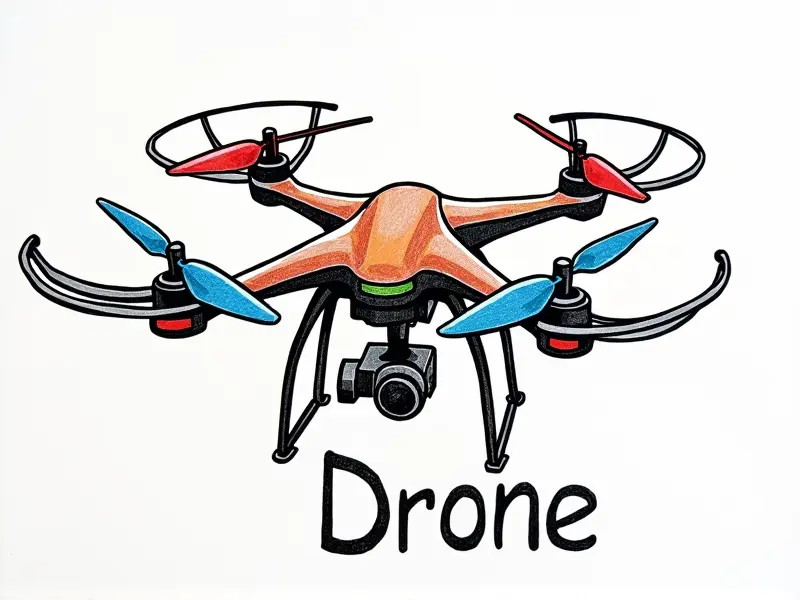Transmitter power supply

Transmitter Power Supply: Best Batteries for RC Transmitters
When it comes to radio-controlled (RC) aircraft and drones, the transmitter power supply is a critical component that can significantly impact your flying experience. A reliable and efficient power source ensures optimal performance, extended flight time, and consistent signal strength. In this article, we will explore various aspects of RC transmitter batteries, including battery types, voltage requirements, and tips for maintaining long-range signals.
Best Batteries for RC Transmitters
Selecting the right battery is crucial to achieving peak performance from your RC transmitter. The type of battery you choose can affect everything from flight duration to signal stability. Here are some top options:
- Lithium Polymer (LiPo): LiPo batteries offer high energy density and a low self-discharge rate, making them ideal for extended use.
- NiMH (Nickel-Metal Hydride): NiMH batteries provide reliable performance with moderate capacity and are often used in older transmitter models.
- Lithium-Ion (Li-ion): Li-ion batteries deliver consistent power output and have a longer lifespan compared to other battery types.
Maximize Flight Time with Better Batteries
To extend your flight time, it's essential to choose the right battery that provides sustained energy without compromising signal quality. Here are some tips:
- Select High-Capacity Batteries: Opt for batteries with higher mAh ratings to ensure longer operational times.
- Battery Management Systems (BMS): Use BMS to monitor and regulate battery voltage, preventing overcharging or discharging.
- Temperature Control: Keep your transmitter in a cool environment to maintain optimal battery performance.
Essential Tips for RC Transmitter Power
Maintaining the power supply of your RC transmitter is vital for consistent and reliable operation. Here are some essential tips:
- Regular Maintenance: Clean contacts regularly to prevent corrosion, which can affect signal strength.
- Battery Charging: Use a dedicated charger designed specifically for your battery type to ensure safe charging practices.
- Signal Interference: Keep the transmitter away from electronic devices that may cause interference.
Top Battery Options for RC Transmitters
The market offers several high-quality batteries tailored specifically for RC transmitters. Here are some top choices:
- Gens Ace LiPo Batteries: Known for their durability and consistent performance.
- Tenergy NiMH Batteries: Reliable and widely used in various transmitter models.
- Sanyo Eneloop Pro Rechargeable Batteries: High-capacity with a long lifespan, suitable for extended use.
Extend RC Range with Better Power Supply
To maximize the range of your RC transmitter, consider upgrading to a more robust power supply. Here are some strategies:
- Higher Voltage Batteries: Use batteries that provide higher voltage for improved signal strength.
- Battery Packs: Combine multiple smaller batteries into packs to achieve the desired voltage and capacity.
- Signal Boosters: Utilize external boosters or amplifiers to enhance signal transmission over longer distances.
Quick Guide to RC Transmitter Batteries
Choosing the right battery for your RC transmitter can be overwhelming. Here’s a quick guide to help you make an informed decision:
- Determine Your Needs: Consider factors such as flight time, signal range, and environmental conditions.
- Battery Specifications: Check the voltage, capacity (mAh), and discharge rate of each battery type.
- User Reviews: Read reviews from other RC enthusiasts to gauge real-world performance.
Optimal Voltage for RC Transmitters
The optimal voltage depends on your specific transmitter model. Generally, most modern transmitters operate efficiently at around 3-4 volts. However, always refer to the manufacturer's guidelines for precise recommendations.
Boost Your RC Performance with Power Supplies
A reliable power supply is key to boosting overall performance in RC flying. Here’s how you can achieve this:
- Upgrade Battery Type: Transition from NiMH to LiPo for better energy density and longer flight times.
- Battery Monitoring Tools: Use tools like BMS to keep track of battery health and performance.
- Signal Enhancers: Implement signal boosters or amplifiers to maintain strong connections over long distances.
Choosing the Right Battery Type
The choice between LiPo, NiMH, and Li-ion batteries depends on your specific requirements. Here’s a breakdown of each type:
- Lithium Polymer (LiPo): Best for high-capacity needs with fast charging capabilities.
- NiMH: Suitable for moderate capacity and reliability in older transmitter models.
- Lithium-Ion (Li-ion): Ideal for consistent power output and longer lifespan, making them a versatile choice.
Maintaining Long-Range Signal with Strong Batteries
To maintain long-range signal strength, focus on using high-quality batteries that provide stable voltage throughout the flight. Here are some tips:
- Monitor Battery Health: Regularly check battery condition and replace if necessary.
- Signal Boosting Accessories: Use accessories like signal boosters to enhance transmission range.
- Environmental Factors: Be mindful of environmental conditions that may affect signal strength, such as temperature and humidity.
Optimal Battery Choices for FPV Racing Transmitters
For FPV racing transmitters, reliability and performance are paramount. Here are some optimal battery choices:
- Gens Ace LiPo Batteries: High-performance with consistent voltage output.
- Sanyo Eneloop Pro Rechargeable Batteries: Long-lasting and suitable for extended racing sessions.
- Tenergy NiMH Batteries: Reliable option with moderate capacity, ideal for frequent use.
By carefully selecting the right battery type and maintaining your power supply, you can ensure optimal performance in all aspects of RC flying. Whether it's extending range, boosting signal strength, or simply ensuring reliable operation, a robust power supply is key to achieving your goals in the hobby.
For more detailed information and specific recommendations based on your transmitter model, consult the manufacturer’s guidelines or reach out to experienced RC enthusiasts for advice.

